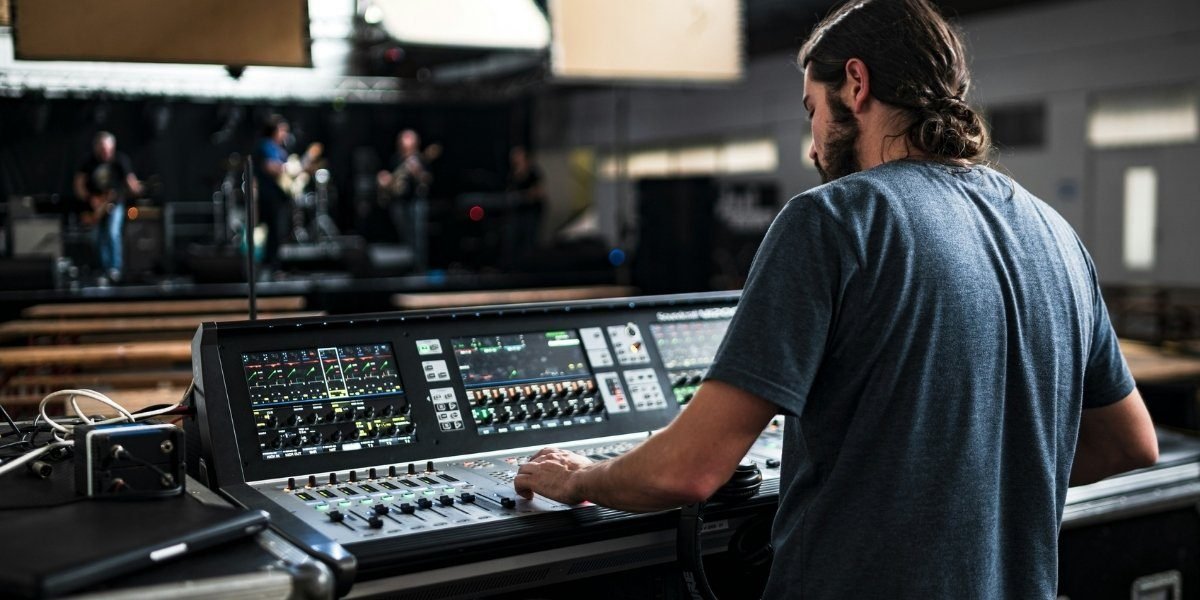How Can Studio Rental Owners Maximize Profitability?
Studio rental ownership presents a promising investment opportunity when managed effectively. To maximize profitability, owners must carefully balance operational costs, rental income, and tenant satisfaction. The foundation of a profitable studio rental business lies in understanding market demand and setting competitive rental rates. This requires regular analysis of local rental trends and comparable properties. Pricing should reflect not only the size and amenities of the studio but also location advantages and the target tenant demographic.
Investing in property maintenance is critical. Well-maintained studios reduce vacancy rates by attracting quality tenants and minimizing costly repairs. Proactive upkeep—such as timely plumbing fixes, fresh paint, and modern appliances—can justify higher rent prices. Additionally, implementing energy-efficient solutions like LED lighting and smart thermostats can lower utility expenses, further enhancing profitability.
Read Also: How the Las Vegas Grand Prix Race Course is Set to Benefit Nevada’s Economy and Tourism
Effective marketing strategies also play a significant role. Utilizing online rental platforms and social media can broaden the pool of potential tenants. High-quality photos and detailed descriptions help studios stand out in competitive markets. Offering flexible lease terms or incentives like discounted first-month rent may attract tenants more quickly, reducing vacancy periods.
What Strategies Improve Tenant Satisfaction in Studio Rentals?
Tenant satisfaction is a cornerstone of sustained profitability for studio rental owners. Happy tenants are more likely to renew leases and recommend the property, reducing turnover costs. Clear communication is essential. Owners should respond promptly to maintenance requests and keep tenants informed about any property updates or policies.
Creating a safe and clean environment is another priority. Regular cleaning of common areas and ensuring security measures—such as proper lighting and secure locks—build tenant trust. Additionally, understanding tenants’ needs and preferences allows owners to tailor their services. For example, providing high-speed internet access or on-site laundry facilities can significantly improve the living experience.
Flexibility and respect for tenant privacy also contribute to satisfaction. Offering lease renewal options and allowing reasonable personalization of studio spaces encourage tenants to feel at home. Periodic surveys or feedback opportunities enable owners to address concerns proactively and adapt services accordingly.
How Does Efficient Management Impact Studio Rental Success?
Efficient management is key to balancing profitability and tenant satisfaction. Streamlined processes for rent collection, maintenance scheduling, and tenant screening reduce administrative burdens and errors. Using property management software can automate many tasks, freeing owners to focus on strategic decisions.
Tenant screening ensures reliable occupants who pay rent on time and maintain the property. Background and credit checks are valuable tools for this. Selecting tenants who align with property expectations minimizes conflicts and damages.
Maintenance management is equally important. Scheduling regular inspections and preventive maintenance prevents small issues from escalating. Keeping detailed records of repairs and communications fosters transparency and accountability.
Financial tracking and budgeting help owners make informed decisions. Monitoring expenses and income monthly allows for timely adjustments in pricing or cost control measures.
What Role Does Location Play in Studio Rental Profitability and Tenant Contentment?
Location remains one of the most influential factors affecting both profitability and tenant satisfaction. Studios situated near public transportation, employment hubs, universities, or entertainment districts tend to attract more tenants and command higher rents. Convenient access to essential services like grocery stores, medical facilities, and parks enhances tenant quality of life.
However, location also determines competition and market saturation. Owners must evaluate local rental markets carefully to identify niches or underserved segments. For example, studios catering to students near universities may require different amenities than those targeting young professionals downtown.
Understanding neighborhood safety and development trends is crucial. Areas undergoing revitalization may offer future rent growth but require patience. Conversely, declining neighborhoods might lower occupancy rates and increase maintenance costs.
How Can Studio Rental Owners Balance Profitability with Tenant Retention?
Balancing profitability with tenant retention requires a strategic approach that values long-term relationships over short-term gains. While raising rent may increase immediate income, excessive hikes risk losing tenants and incurring vacancy costs. Gradual, justified rent increases tied to property improvements are more acceptable.
Offering loyalty incentives, such as renewal discounts or small upgrades, encourages tenants to stay. Transparent lease agreements and clear policies reduce misunderstandings and disputes.
Building community within the property can also improve retention. Organizing tenant events or providing shared amenities like lounges or rooftop gardens fosters a sense of belonging. These efforts make tenants more likely to view the studio as home rather than just a temporary residence.
Educating tenants about responsible usage and reporting maintenance issues promptly helps maintain property condition and reduces costs, benefiting both parties.
What Emerging Trends Should Studio Rental Owners Consider?
The studio rental market is evolving alongside broader real estate and lifestyle trends. Increasing demand for flexible living spaces and co-living arrangements presents new opportunities. Offering furnished studios or short-term leases can appeal to remote workers and transient populations.
Sustainability is becoming more important to tenants. Installing energy-efficient appliances, promoting recycling programs, and using eco-friendly materials can attract environmentally conscious renters. These features may justify higher rents and reduce operating expenses.
Read Also: How Streaming Movies Have Changed the Entertainment Industry
Technology integration enhances convenience. Smart locks, app-based rent payments, and maintenance request portals improve tenant experience and operational efficiency. Virtual tours and online leasing streamline the rental process, expanding reach and reducing vacancy time. Accessibility considerations, such as barrier-free entrances and adaptable interiors, are increasingly valued. Catering to diverse tenant needs broadens market appeal.
The intersection of profitability and tenant satisfaction defines the success of studio rental ownership. By strategically managing pricing, maintenance, communication, and amenities, owners can create a thriving business that attracts and retains tenants. Embracing innovation and understanding evolving tenant preferences will ensure continued growth and sustainability in this competitive market.








